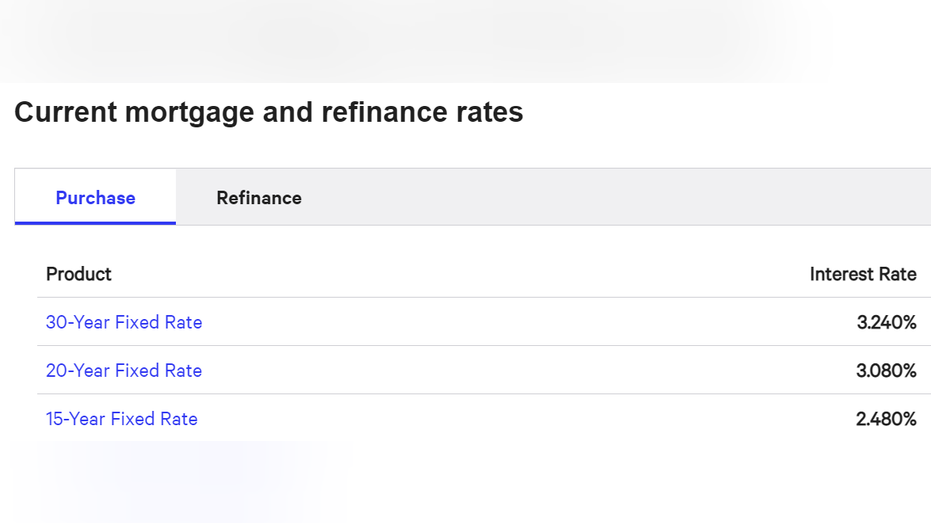Homebuyers canceling contracts as costs soar
Rising mortgage rates are also creating headwinds
Rising costs for lumber and other materials are causing new home contracts to be canceled, according to the National Association of Homebuilders.
Lumber costs have surged more than 170% over the past year, adding around $24,000 to the cost of a new home. Concrete, metal products, appliances, and other expenses are also increasing due to supply chain disruptions caused by COVID-19 shutdowns.
| Ticker | Security | Last | Change | Change % |
|---|---|---|---|---|
| WOOD | ISHARES TRUST GLOBAL TIMBER & FORESTRY ET | 77.87 | +1.10 | +1.43% |
The additional cost is preventing some first-time homebuyers from entering the market as resale inventories remain low.
HOME CONSTRUCTION MAY HIT SKIDS AS NEW SUPPLY SHORTAGE LOOMS
“First-time homebuyers are the ones that really drive the housing market,” Jerry Howard, CEO of the National Association of Home Builders, told FOX Business’ Stuart Varney. “It's a big problem.”
| Ticker | Security | Last | Change | Change % |
|---|---|---|---|---|
| XHB | STATE STREET® SPDR® S&P® HOMEBUILDERS ETF - USD DIS | 117.28 | +2.02 | +1.75% |
The problem of higher materials costs is being compounded by a rise in mortgage rates. The rate on a 30-year fixed mortgage has risen by 30 basis points over the past month to a seven-month high of 3.24%. Rates hit a record low of 2.85% in November.

Source: Bankrate
The recent jump in materials costs and higher mortgage rates have begun to weigh on homebuilder confidence.
The National Association of Home Builders/Wells Fargo Housing Market Index declined 2 points to 82. Any number over 50 indicates more builders view conditions as good rather than poor. The index is down from its November high of 90, but up from 72 a year ago.
Current sales conditions declined 3 points to 87 while sales expectations for the next six months rose 3 points to 83. Buyer traffic held steady at 72.
GET FOX BUSINESS ON THE GO BY CLICKING HERE
The three-month moving average for the Northeast jumped two points to 80 while falling one point to 80 in the Midwest, two points to 82 in the South and three points to 90 in the West.
There is a “boom that we gotta watch very, very carefully here,” Howard said. “There are some dark clouds on the horizon.”




















